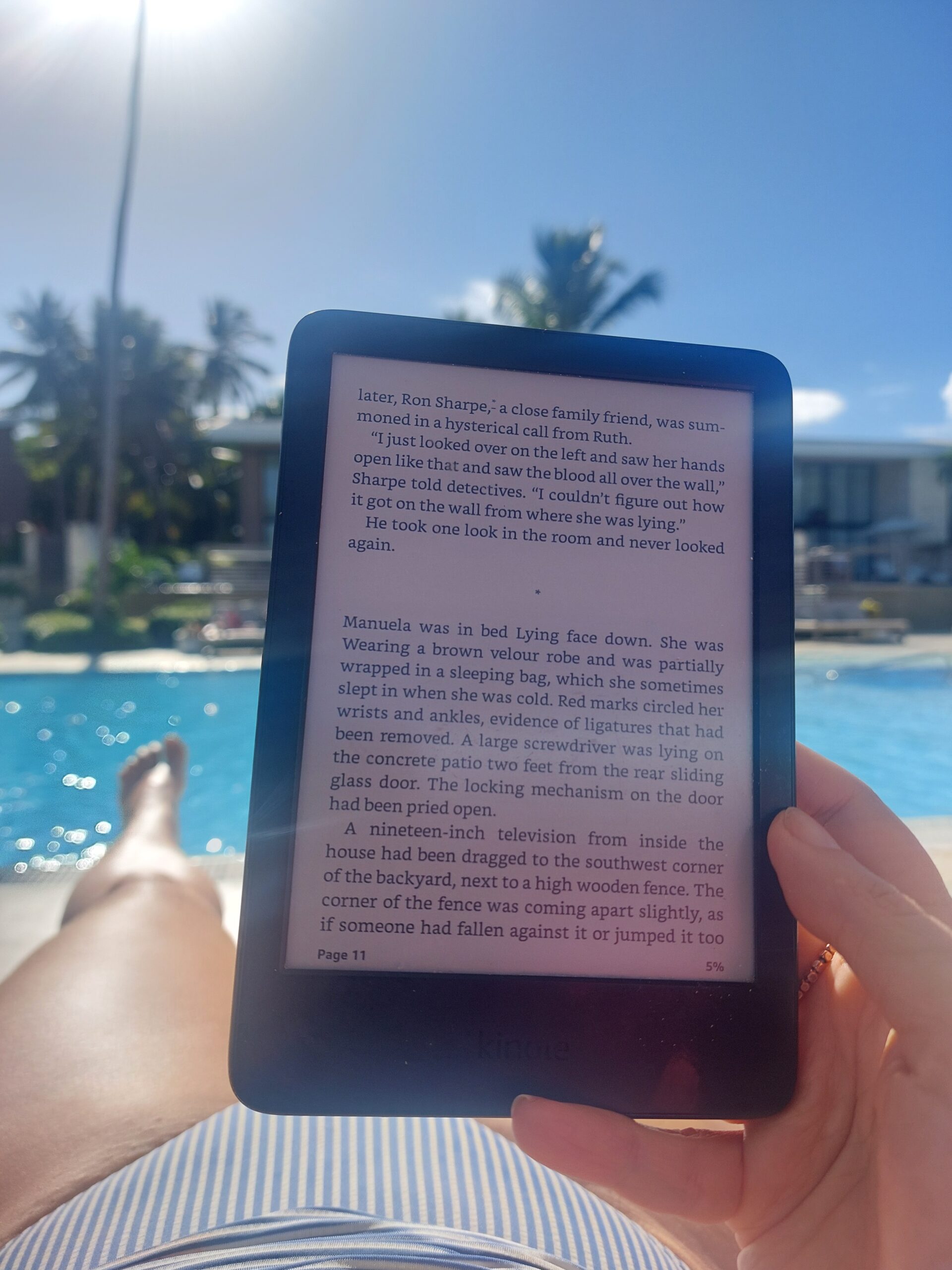I had a lot of contradictory feelings about this lengthy book. On the one hand it was full of incident, covering a year in the life of a fourteen year old child actor, who is being groomed by a family friend, while his parents consider divorce. On the other hand it was kind of dull. And yet I read the whole thing. And I guess I’m happy I did, it was so detailed and fully realized, I feel like it was a kind of vacation in 1980s New York adolescence. Mostly it made me glad to be an adult in London in the 2020s.
Author: sarahwp
THE DEVIL IN THE WHITE CITY by Erik Larson
Here’s a piece of non-fiction about the 1893 World Fair in Chicago and the ‘Murder Hotel’ a serial killer set up to profit from it. Clearly anything called a Murder Hotel is going to be pretty interesting, but to my surprise the World Fair was even more so.
Paris had just had a spectacularly successful World Fair (for which the Eiffel Tower was built!), and Chicago was determined to better it. They only had 2-3 years to pull it off, and they had an unhinged level of ambition. As the organizer, Burnham said: “Make no little plans; they have no power to stir mens’ blood’ (which btw I have always found to be very good advice).
They built an entire display city, that used THREE TIMES the electricity of all of Chicago. For many people, it was the first electric lighted streets they’d ever seen. They also had a wild array of displays from all over the world, even sending an explorer out to Africa who was ‘confident he could acquire as many pygmies from the Congo as he wished’ (spoiler alert, he died of fever almost immediately because Africa does not play). They had new products – it’s where Juicy Fruit, Cracker Jack, and Shredded Wheat come from. And then they had what their competitor to the Eiffel tower – a structure designed by a young engineer called Ferris – which seemed so dangerous and insane it nearly did not get built at all.
The highest point of the Ferris Wheel was as high as the highest occupied floor in the highest skyscraper in the world; the axel alone at 142K pounds was the heaviest thing ever lifted into the air, and that was only the beginning of their problems. Ferris’ wife took the first ride in the wheel, to prove his confidence in it. The fair ended up being a huge success, with more people gathering in one place than ever before in the world in peacetime.
All these people were obviously a gold mine so lots of hotels were built to accommodate them. One of these was by this HH Holmes. Holmes did not like to pay his workers, so they would often walk off the job, which was good for him because it kept the costs down and because it meant no one really knew what he was building. Because what he was building was a murder hotel. Some of the rooms were airless, with gas jets he controlled in them. Some were soundproof. There was a chute from the top floor to the basement, and in the basement was a FURNACE. He was especially fond of killing young woman, of which there was a large supply, because girls were getting their first freedom and excited to come to the big city. He also managed to convince four different women to marry him (none survived). Estimates of how many he killed range from 50-200. He was eventually caught when he killed – for zero reason – the three children of one of his accomplices.
Who knew Chicago in 1893 was so interesting!
A STOLEN LIFE by Jaycee Dugard
Here is a stomach-churning memoir about a girl who was abducted at 11 and spent 17 years in captivity. The man who abducted her raped her and she had two children, the first at f4. Appallingly she had them both without a hospital. This man who abducted her had a wife, who did not abuse her but absolutely participated in the imprisonment, which is one of the more gobsmacking parts of the story. So much did her kidnapper think of Jaycee as an object that sometimes he would leave her tied up in his revolting ways (for videos) for long periods simply because he forgot he needed to go pick the wife up at work.
We will be zero percent surprised to learn that this guy already had a record, for kidnapping and sexual assault, and had been let out of prison early for good behaviour. His probation officer apparently did not query what these female children who were not related to him were doing at his house. The way this poor woman was eventually saved therefore was – get this – a CAMPUS SECURITY GUARD, who saw the children briefly in passing was enough concerned that they were ‘dead-eyed’ that what she called ‘mom mode’ kicked in and she went to the police. Then they found poor Jaycee living in a shack in the backyard where she’d been for almost twenty years. In police interview she said she was too frightened to say her own name, but she could write it down – can imagine the surprise of the police?!
As ever in these kinds of stories, what you are left with is the incredible resilience of human beings. Jaycee is moving forward with her life, valuing the time she has, and working on letting go of the past. She’s having fun, learning to drive, enjoying going to the shops on her own. What a hero.
IN CHANCERY by John Galsworthy
This is the second book in the Forsythe saga, a story of wealthy British family in the early twentieth century. The first one was about a man whose wife falls in love with someone else. As divorce was very hard to achieve, cue a lot of being tormented. In this second book, everyone gets their acts together and does what they should have done in the first place, i.e: ignore the haters and just get a divorce! Meanwhile some other characters die in the Boer War. I am not sure how many more of these books I am going to do. The wife character is really an insufferable ‘perfect fantasy’ and it’s really irritating me for some reason.
YOU, AGAIN by Kate Goldbeck
Re-read on holiday
HAPPY PLACE by Emily Henry
Re-read on holiday
FUNNY STORY by Emily Henry
Re-read while on holiday
BOOK LOVERS by Emily Henry
Re-read while on holiday
BEACH READ by Emily Henry
Re-red while sick
ME AND YOU ON VACATION by Emily Henry
Re-read while sick




